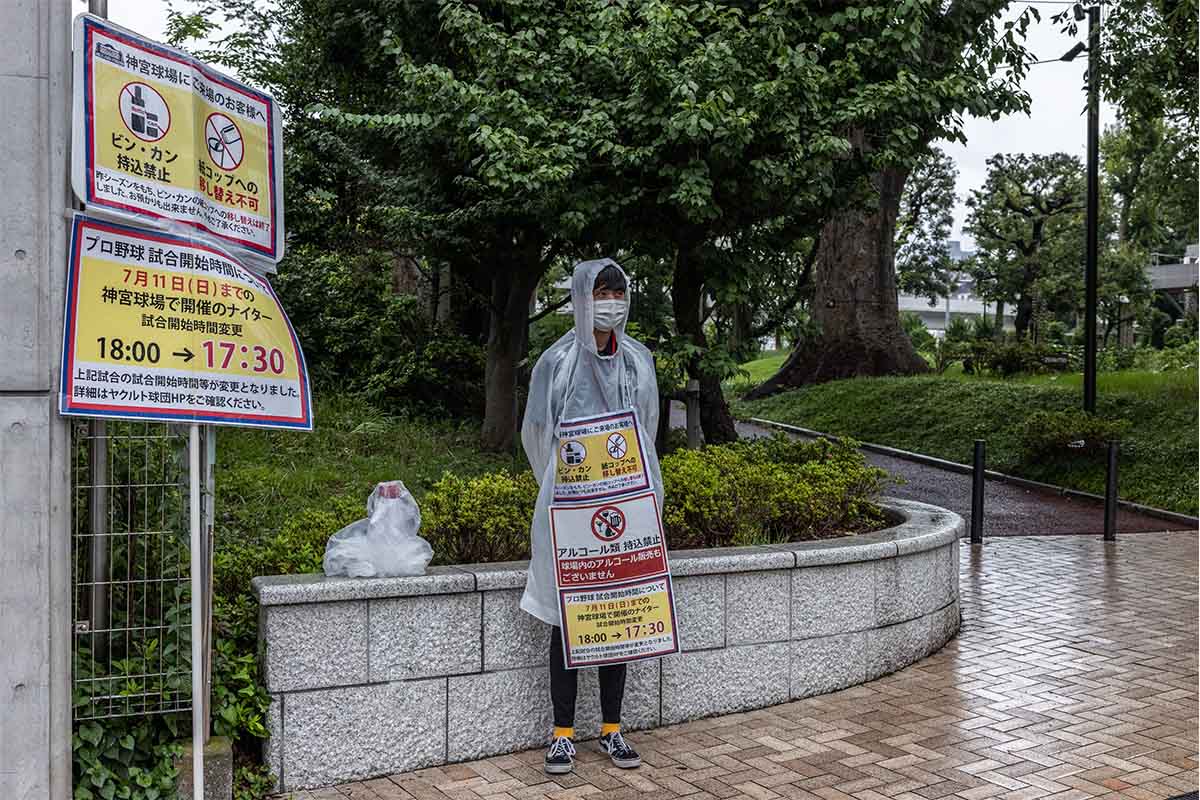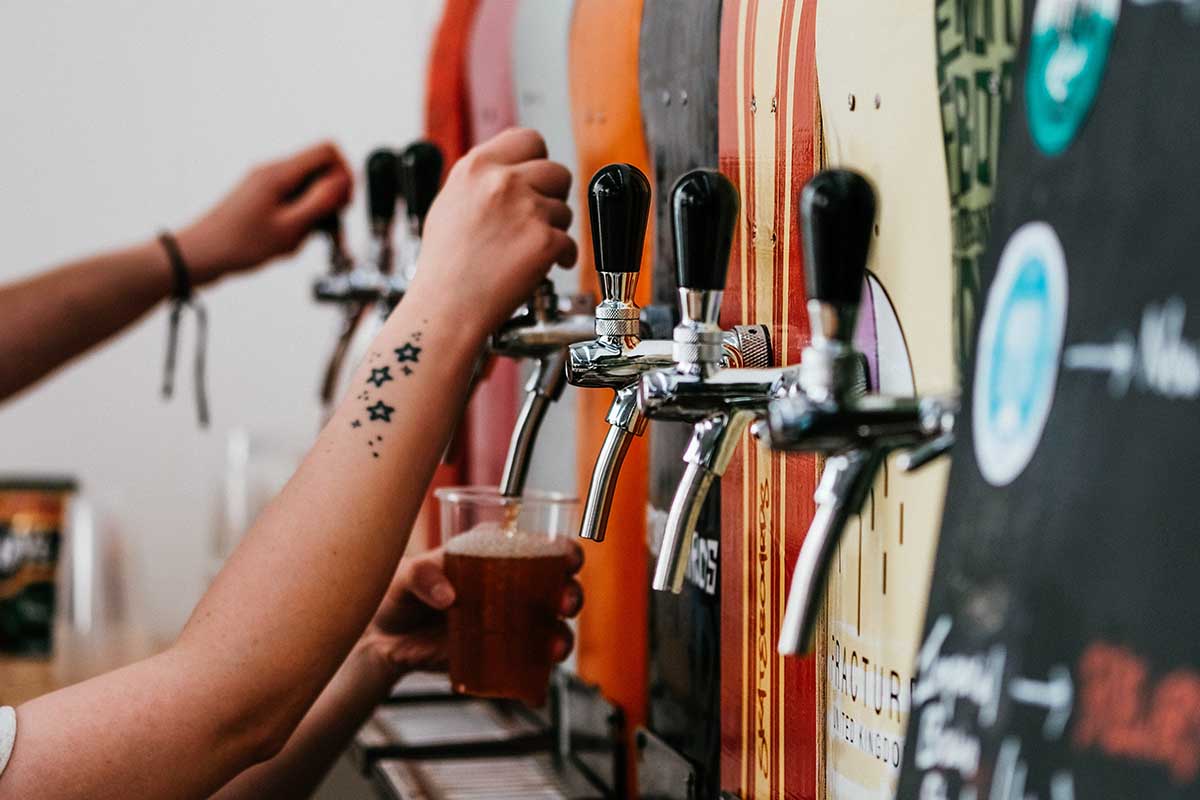During the COVID-19 pandemic, countries have reacted in different ways toward alcohol. In the United States, bars closed down or faced severely reduced indoor seating capacities — but drinking certainly didn’t go away. Laws regarding to-go/delivery drinks, outdoor seating and (for distilleries) booze shipments were loosened, in some places permanently.
While alcohol sales were treated as a necessity here in the U.S., other countries immediately enacted severe restrictions, and some continue to do so. This month Japan extended a state of emergency that, among other measures, banned alcohol sales in on-trade venues (which includes restaurants and karaoke bars) in Okinawa through August 22. And South Africa’s ban on alcohol sales started up again on June 28.
The leaders of those countries cite safety, albeit sometimes in a vague manner. “We must strengthen the countermeasures to prevent the infections from spreading to the rest of the country again,” as Japan’s prime minister Yoshihide Suga noted in a press conference, perhaps suggesting that crowds were the issue (venues not serving alcohol still have capacity and hours restrictions).
A slightly better justification arrived via South African president Cyril Ramaphosa last year. “As we head towards the peak of infections, it is vital that we do not burden our clinics and hospitals with alcohol‐related injuries that could have been avoided,” he said (as reported by The Spirits Business). “There is now clear evidence that the resumption of alcohol sales has resulted in substantial pressure being put on hospitals, including trauma and ICU units, due to motor vehicle accidents, violence and related trauma.”
That “clear evidence” is sometimes lacking, however. “In all our discussions with government, it has been acknowledged that the main driver of infections is large gatherings and the failure to observe mask wearing and social distancing protocols,” as a statement by the Beer Association of South Africa (BASA) recently noted. “We have also not been provided with the data showing the link between alcohol and increased hospital admissions, despite requesting this from government on numerous occasions.”
A peer-reviewed study — utilizing independent findings but with funding from an alcohol industry trade group — showed trauma cases in South Africa during lockdown fell by 60%. But in countries with no alcohol ban, trauma levels fell at a similar rate, down by 57% in the UK, 62% in Ireland, 56.6% in Italy and 54% in the U.S.
On the other hand, there is some anecdotal evidence that the bans in South Africa were helpful in keeping down hospital admissions. “We saw a dramatic drop in hospitalizations but more specifically, we saw a dramatic drop in trauma-related hospitalizations,” as Dr. Melvin Moodley, who works for the Cape Town health department, told NPR after South Africa’s first COVID-related alcohol ban. That said, the country has some unique and complicated issues related to alcohol, including an apartheid-era Tot System (where workers at vineyards were paid in alcohol instead of money) as well as non-COVID safety concerns.
“A lot of women on the ground that we have spoken to are telling us that their communities have never felt better. They’ve never felt safer. They’ve never looked cleaner,” as Bongiwe Ndondo, a researcher who tracks violence against women, told the BBC.
As for Japan, the country is trying to host the Olympics while controlling for the Delta variant of COVID-19 — given their bans of spectators at the sporting events and severely reduced hours at venues, the country appears to be associating alcohol consumption with socializing. “When alcohol is involved, people’s voices get a lot bigger,” says Makoto Tsubokura, a researcher at Riken and Kobe University. “Loud voices, plus lapses in hygiene and a tendency to linger at the bar, all contributed to increased risk of aerosol contagion.”
Still, it’s a big leap to suggest any form of alcohol consumption — even if done outside, away from crowds and/or at home — correlates with increased COVID-19 infections. Ideally, all activities that lead to crowds (restaurants in general, Disney parks) or unsafe conditions would fall under the same regulations. As for South Africa — I respect that many people there feel like the country has a complicated and sometimes unhealthy relationship with booze. However, I think historically Prohibition-style remedies bring more issues than solutions (witness: alcohol sales going underground); I do hope that country finds solutions outside of the umbrella of COVID-19 safety measures.
Every Thursday, our resident experts see to it that you’re up to date on the latest from the world of drinks. Trend reports, bottle reviews, cocktail recipes and more. Sign up for THE SPILL now.


















